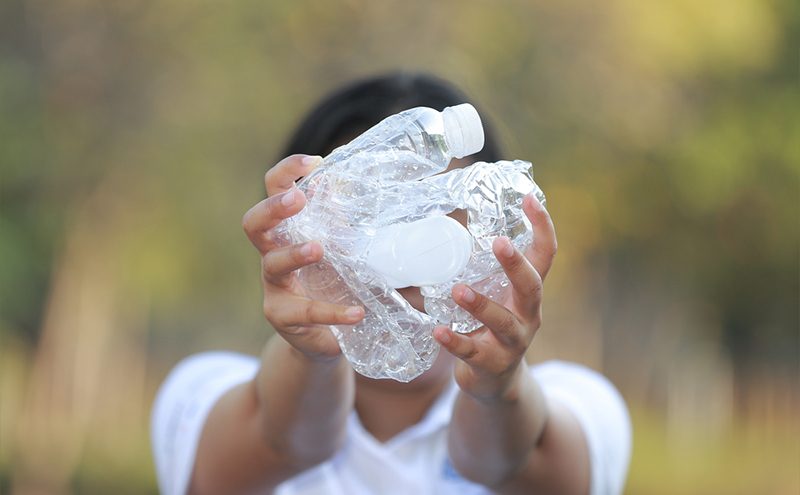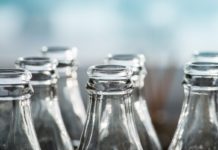
A Government consultation on introducing taxes to reduce the amount of unrecyclable plastic waste has received an unprecedented response, suggesting there is a strong public appetite for new and robust measures to encourage the recyclability of plastic used in products like food and drink containers.
The consultation was launched by HM Treasury in March, and has received 162k responses, seemingly the largest number ever in the department’s history, most of which expressed support for action.
The Treasury said particular support was apparent for measures including those that will increase the use of recycled plastics in manufacturing, and reduce the use of difficult-to-recycle plastics, and measures to discourage the use of single-use items like coffee cups (through a ‘latte levy’, for example). There also seemed to be strong support for measures to encourage recycling rather than incineration.
A spokesperson for Greenpeace, Louise Edge, said support for a latte levy “seems inevitable now” but that it should be “just the tip of the iceberg”.
Waste and resource recovery firm Veolia said “a simple tax incentive could be used to encourage recyclable materials and designs for products and discourage the use of harder to recycle options such as black plastic and polystyrene yogurt pots.
The firm – a collector, sorter, re-processor and seller of recycled plastics – said it “appreciates the dynamics at play” and cited other measures that would help. “These include clearer labelling – a simple green dot for example – so consumers know what can be easily recycled, a revision of the existing Packaging Recovery Note (PRN) system to remove the advantage given to export, and a simple deposit return system for plastic and aluminium cans.”
The Government is currently planning to introduce a DRS scheme, in a bid to boost the poor recycling rates of items like plastic drinks bottles – only around half of which are collected for recycling in the UK compared to over 90 percent in countries operating DRS schemes such as Germany.
Veolia said: “The setting of ambitions targets, such as a minimum percentage of recycled content in packaging, will ensure plastic recycling increases dramatically over the next five years to ensure a more circular and sustainable future”.








